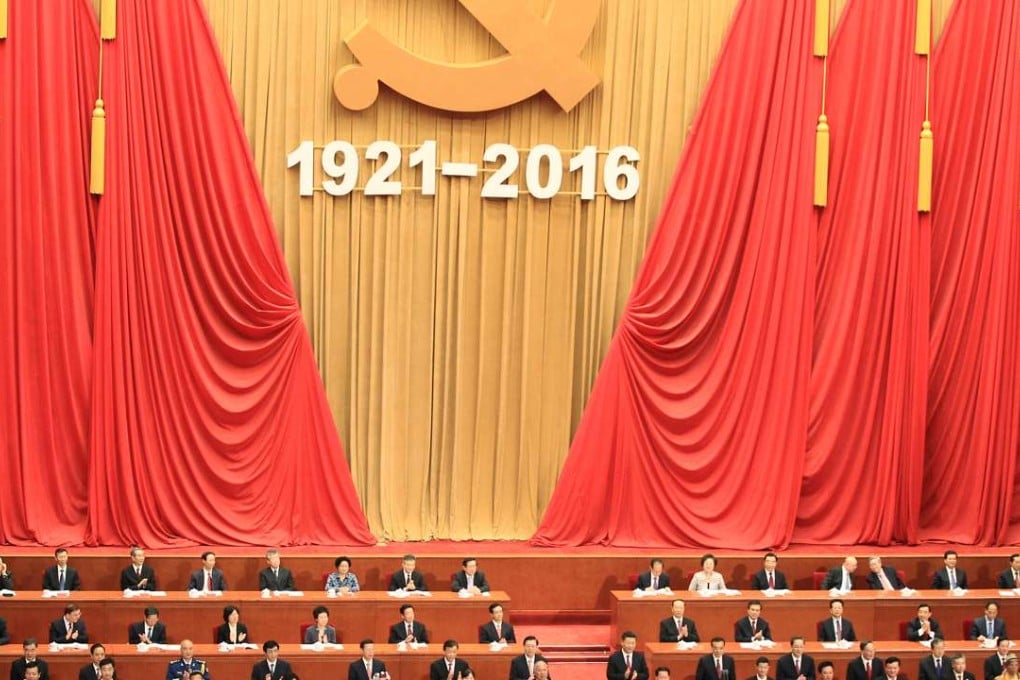Liaoning vote-buying scandal points to rot in China’s system
Dan Hough says Chinese lawmakers are left in a curious position where the exchange of money for political favours is seen as integral to the power ‘game’ but those involved leave themselves open to corruption crackdowns

Mainland China is not the type of place where you’d necessarily expect to find too many incidences of electoral fraud. It doesn’t, after all, have popular elections. It does, nonetheless, see behind-the-scenes manoeuvring for nominations to prestigious public positions.
Status, power, connections ... what’s behind the unprecedented voting fraud in electing China’s most powerful organ?
In other words, many representatives of China’s 2,852 counties want to move on and become part of one of the bodies that nominally run the affairs of the country’s 334 prefectures. Those active at prefecture-level may well have their eye on a place in the bodies that run one of the 34 province-level legislatures. To make that jump, representatives at each level are tasked with electing some of their own to the level above. This pyramid structure works right from bottom to the top of the Chinese governance structure. On paper, all clear enough.
In practice, there are two real issues with how the system works. First, there are exceptions to this process and people regularly get parachuted in to these bodies.

The impact of the Liaoning vote-buying scandal may spread far
Second, quite how representatives go about winning these contests is, to the outsider at least, anything but clear. The winners are nominated, but only after a prolonged process of politicking in the background. That may well involve paying influential power brokers to get your name put forward.
That the legislatures at all these levels have little genuine power is not the point. It’s not so much about public service, more that you are seen to be making progress in your career and mixing with (and having access to) the rich and powerful. It’s for that reason representatives will often try very hard to get themselves nominated. Sometimes too hard. In 2013, in Hengyang (衡陽), Hunan (湖南) province, 518 out of 527 legislators were unceremoniously sacked from their positions after it became clear they had bribed their way into them. The total amount of bribes paid exceeded 110 million yuan (HK$126.9 million).
China’s legal foundation shaken as 45 lawmakers expelled in unprecedented vote-rigging scandal
Similar forms of skulduggery were revealed this month when as many as 523 deputies to the Liaoning (遼寧) Provincial People’s Congress found themselves implicated in electoral fraud. All have now either resigned or been disqualified. Forty-five lawmakers from Liaoning have also been sacked from the National People’s Congress after allegedly being implicated in the vote-buying scandal.
Xi Jinping’s anti-corruption drive is making a big play of rooting out bad apples. And it is Xi and his close circle who do the defining of terms